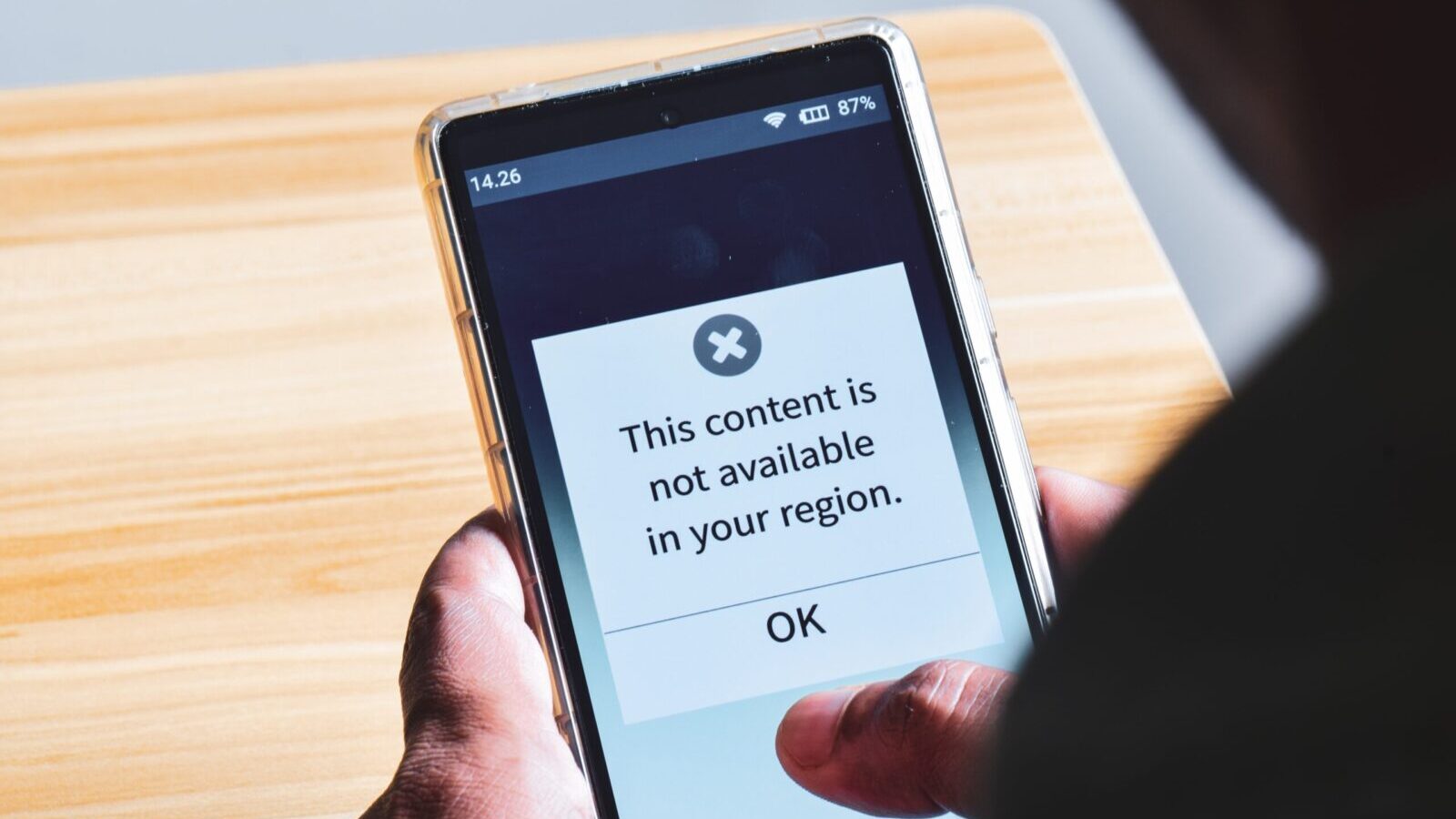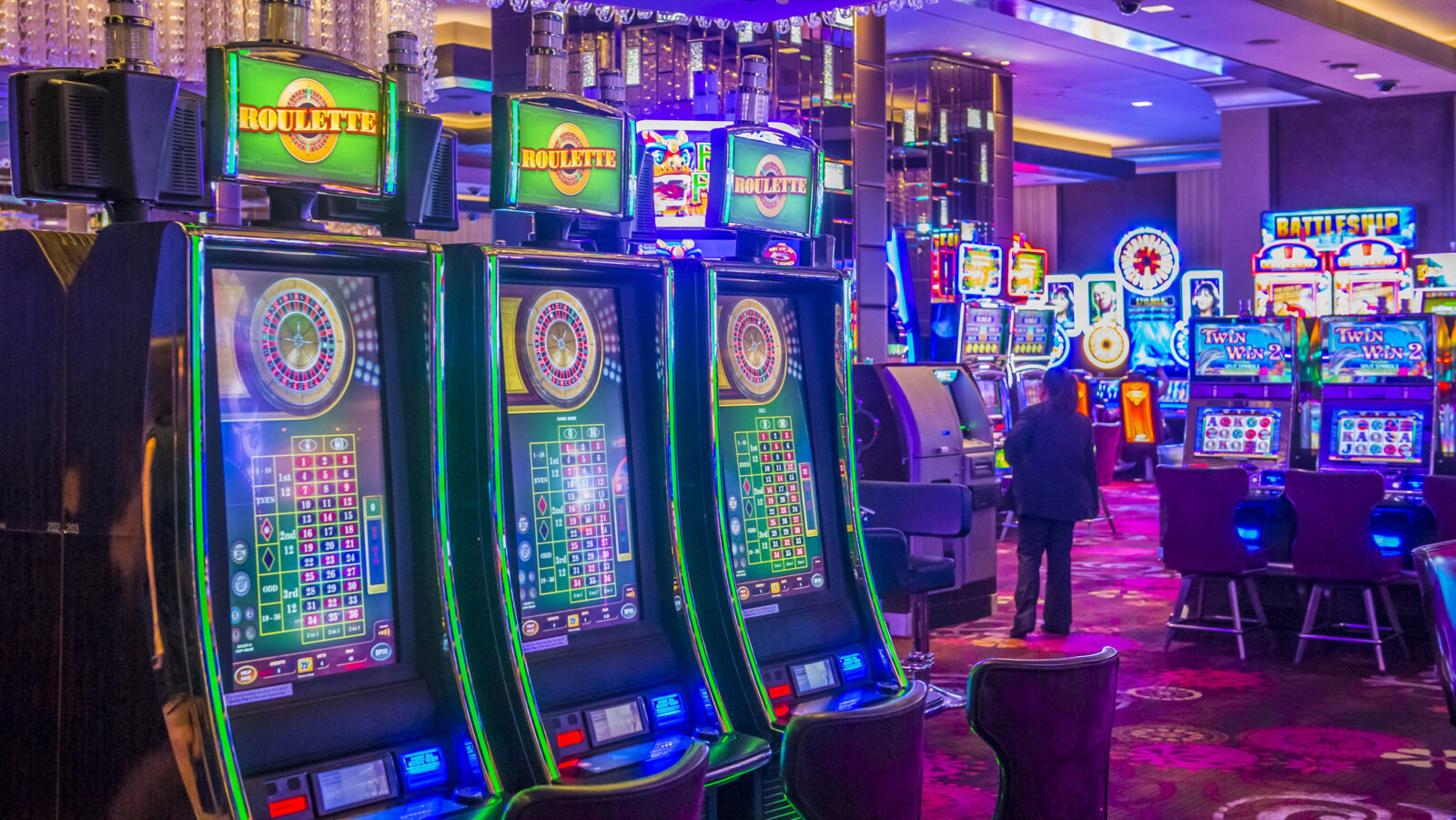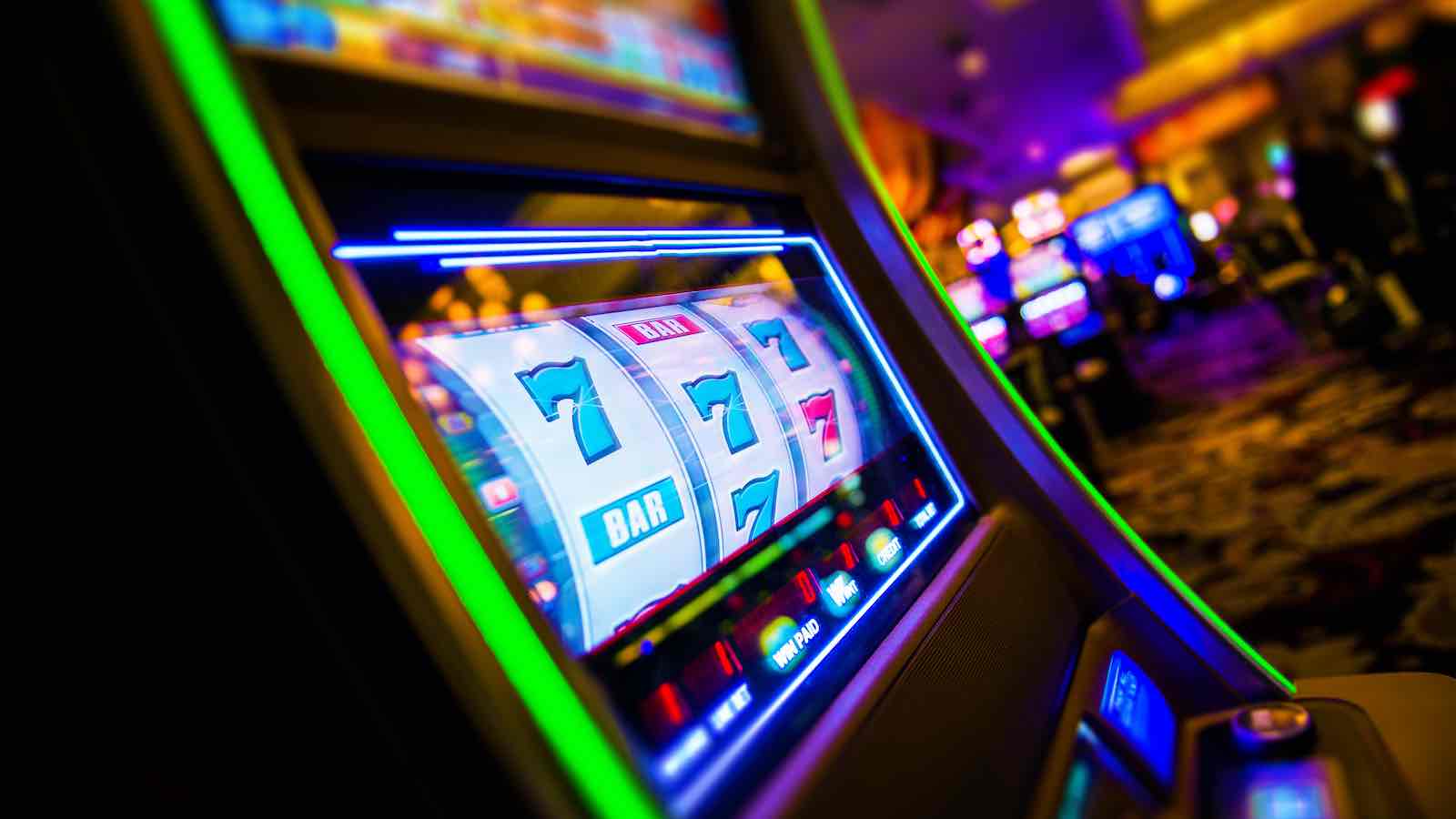Expert: Restricted US Access May Hurt Bovada More On iGaming Than Sports Betting
Analyzing the financial blow to the offshore operator now that it’s blocked in 15 jurisdictions
4 min

Bovada could see a significant financial impact from 15 U.S. markets — and counting — sending it cease-and-desist letters.
But maybe not in the way you’d expect, according to one gambling expert.
Massachusetts recently sent a cease-and-desist letter to Bovada, the offshore betting megasite, joining Kansas, Pennsylvania, and Louisiana as recent additions to its list of restricted markets. Anyone can find that list on its website under the “Which Countries are Restricted?” section — which only includes U.S. markets and no other locations around the world.
These are the markets on that list (Massachusetts isn’t on there yet, but it should be soon):
- Kansas
- Pennsylvania
- Louisiana
- New York
- New Jersey
- Colorado
- Connecticut
- Delaware
- Washington, D.C.
- Maryland
- Michigan
- Nevada
- Ohio
- West Virginia
68% of regulated US sports betting market
The American Gaming Association estimated that Americans bet $63.8 billion at offshore sportsbooks in 2022. There are tons of offshore sites available in the U.S. — Bovada is one of the most prominent ones, along with BetOnline, BetUS, and MyBookie.
And taking a look at the 15 markets where Bovada is banned, sports betting first comes to mind. These aren’t just any 15 markets. Some are major meccas for sports betting in the U.S.
New York generates by far the most sportsbook handle in the country. New Jersey is second. In total, those 15 markets generated $82.3 billion in handle in 2023 — which is 68% of the $121.1 billion total generated by U.S. sports bettors in 2023.
Losing access to nine iGaming strongholds
However, Dustin Gouker, founder of Closing Line Consulting, said Bovada will likely feel the financial hurt of these U.S. restrictions more so in its online casino revenue.
“[Bovada] is certainly one of the largest offshore operators, and taking away states hurts them [for sports betting],” Gouker told Casino Reports. “But anecdotally, offshore has already seen declines when legal sports betting goes live. The part that gets glossed over is Bovada is not just a sportsbook, so they are losing online casino business in a state that has no legal online casinos. That’s a bigger deal in terms of hurting their bottom line.”
All of the 15 markets restricting Bovada have legal sports betting. Those 15 also include six of the seven states (excluding Rhode Island) that have legal online casinos. But that leaves nine U.S. markets where Bovada (and other offshore sites) have had sole access to the iGaming audience.
That access to those nine markets is now gone for Bovada.
Which state may ban Bovada next?
The recent string of cease-and-desist letters comes as part of a recent trend in the U.S. gambling industry, where states are taking matters into their own hands to ban operators they believe are skirting laws, taking advantage of citizens, and sucking up revenue that would generate taxes in the legal, regulated market.
Michigan issued its cease-and-desist letter to Bovada in May. At the time, only Nevada, New Jersey, New York, Maryland, and Delaware had restricted access to the offshore site. The AGA released a statement following Michigan’s letter, hoping it would inspire other states to follow suit.
“The Michigan Gaming Control Board’s decisive action highlights that states have the power to protect their residents from predatory, offshore gambling sites and is another important step in winning the battle against the illegal market,” AGA President and CEO Bill Miller said in a statement. “The AGA applauds the MGCB’s leadership against bad actors like Bovada and urges other states to follow Michigan’s lead.”
So far, Kansas, Pennsylvania, Louisiana, Colorado, Connecticut, D.C., Ohio, West Virginia, and Massachusetts have done exactly that.
And more could be on the way.
For indications of which jurisdiction may ban Bovada next, look at which states are also taking action against “sweepstakes” operators. Unlike offshore betting sites that accept real-money payment and cryptocurrency, social gaming sites with sweepstakes promotions have players use two types of digital currency with no real-world value — but one type of currency can be redeemed for cash prizes.
Michigan has led the charge against sweepstakes sites, too, sending cease-and-desist letters to several operators, including VGW, which runs social/sweepstakes behemoths Chumba Casino, LuckyLand Slots, and Global Poker.
In Georgia, VGW is facing a class-action lawsuit over its “just-for-fun” casino games that the lawsuit claims actually promote real gambling.
In Washington state, sweepstakes operator High 5 Games was found in June to be offering illegal online gambling, with a court ruling High 5’s virtual coins are “things of value.”
And in Kentucky, the owner of Pulsz Casino settled a class-action lawsuit that claimed Pulsz’s digital in-game currency facilitated real gambling.
So, could Georgia, Washington, and Kentucky join the banning-Bovada brigade?
(Kentucky is the only of those three states with legal state-wide real-money online sports betting; Georgia and Washington would be the first states without a legal state-wide online sports betting market to ban Bovada.)
AGA: Um … hello, DOJ?
After Colorado issued Bovada its cease-and-desist letter in June, the AGA released a statement calling on the Department of Justice to take action.
“States should not have to take on this battle alone — the DOJ must also use its powers to aid the fight against illegal gambling, which Congress has clearly identified as a department priority,” the statement read.
The AGA has been beating the same drum for years.
Miller sent a letter to U.S. District Attorney Merrick Garland in 2022 asking the federal government to investigate and indict prevalent offshore sites, including Bovada, to “provide much-needed clarity that these websites are criminal enterprises, which can help to deter the American public from visiting these sites and prompt businesses to take appropriate action to ensure they are not supporting them.”
In that letter, Miller wrote that internal numbers showed 52% of American bettors were using unregulated offshore sites like Bovada — and 63% of those bettors weren’t even aware they were using unregulated sites.
Way back in 2009, Microsoft, Google, and Yahoo reached a $31.5 million settlement with the federal government over the companies’ promotion of offshore betting sites.
But in terms of targeting the offshore operators themselves, the U.S. federal government really hasn’t done anything.
‘Slap in the face’
Instead, there’s actually a recently proposed federal bill that focuses on increased regulation of the country’s legal sports betting market. The Supporting Affordability and Fairness with Every Bet (SAFE Bet) Act includes language on advertising regulations, deposit limits, and new federal-level oversight that would supplement the industry’s current state-by-state governance.
In response, the AGA essentially said in a statement: Wait … what about the offshore sites? It called SAFE a “slap in the face” to stakeholders in the regulated market.
“Today’s regulated sports wagering operators are contributing billions in state taxes across the U.S.,” AGA SVP of Government Relations Chris Cylke said in a statement, “protecting consumers from dangerous neighborhood bookies and illegal offshore websites and working diligently with over 5,000 state and tribal regulators and other stakeholders to ensure a commitment to responsibility and positive play.”




